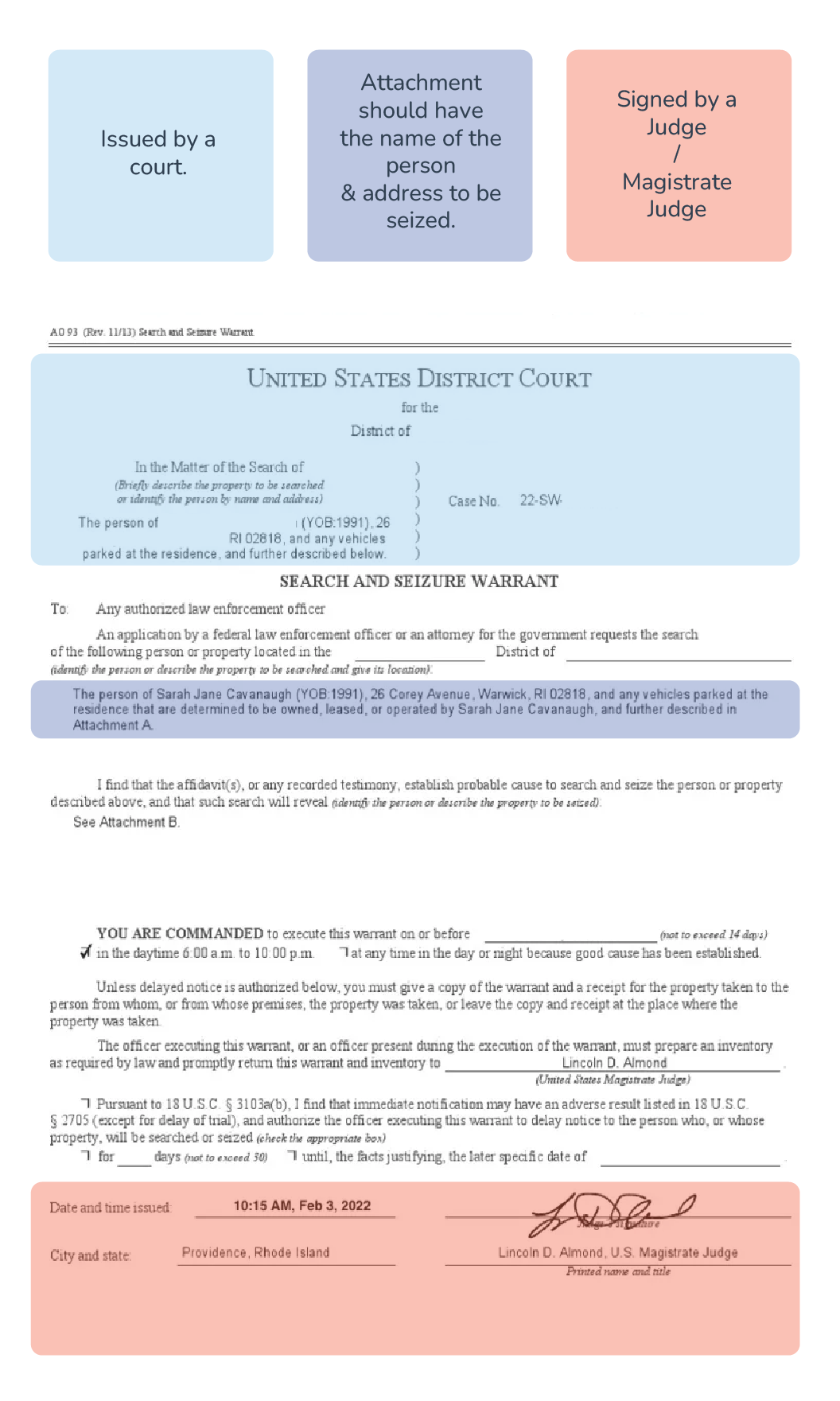Know Your Rights
The U.S. Constitution protects the rights of all people, no matter their immigration status. Everyone has the right to due process, equal protection under the law, and basic freedoms such as the right to remain silent. These protections apply to all individuals living in the United States, regardless of where they were born.
1. Right to Remain Silent
A person has the right not to answer questions from immigration or law enforcement officers to protect themselves.
It is recommended to clearly say,
“I choose to remain silent.”
2. Right to an Attorney
If arrested, an individual has the right to be represented by an attorney. The government does not provide attorneys for immigration cases, but you may hire your own or request a list of low-cost or free immigration attorneys.
3. Right to Refuse Consent to Search
If federal law enforcement agents come to your door:
- Do not open the door.
- You have the right to refuse a search of yourself, your car, or your home.
- Ask if they have a warrant signed by a judge.
- If they do not, you do not have to let them in.
4. Right to Know Why you are Being Detained
If detained by a federal agency, you have the right to know why. The enforcement agency must tell you the reason. If you are detained by ICE they usually give you a paper called a “Notice to Appear” that explains the charges.
5. Right to Contact Consular Authorities
Under the Vienna Convention, if you are a foreign national and are arrested or detained, you have the right to contact your country’s consulate.
Rights During Immigration Proceedings
6. Right to Contest Deportation
They can challenge deportation orders or apply for relief (e.g., asylum, cancellation of removal, or adjustment of status).
7. Right to an Interpreter
People who do not speak English have the right to an interpreter during immigration court proceedings. This ensures that they fully understand what is being said and can communicate their answers clearly. The interpreter must be provided in the person’s primary language, so they can effectively participate in their case and protect their rights.
Protections Against Certain Deportations
8. Legal Protections and Relief Options
There are several forms of protection against deportation in the United States. The type of relief available depends on a person’s situation, history, and eligibility.
Here are the most common:
Asylum
For individuals who fear persecution in their home country because of race, religion, nationality, political opinion, or membership in a particular social group.
Withholding of Removal
Similar to asylum but harder to qualify for; it prevents deportation to a country where the person’s life or freedom would be at risk.
Convention Against Torture (CAT) Protection
For people who can show they would likely face torture if deported.
Temporary Protected Status (TPS)
Grants protection to people from certain countries experiencing war, natural disasters, or unsafe conditions.
U Visa
For victims of certain serious crimes who assist law enforcement.
T Visa
For survivors of human trafficking.
Special Immigrant Juvenile Status (SIJS)
For children who have been abused, neglected, or abandoned.
Cancellation of Removal
Available to certain permanent residents or non-residents who can show long-term presence in the U.S., good moral character, and hardship to a U.S. citizen or permanent resident family member.
Adjustment of Status
Some individuals may apply for a green card through a family petition, employment, or other pathway.
Deferred Action
In some cases (like DACA), deportation can be delayed or deferred temporarily.
9. Right against Refoulement
The United States is obligated under international law, including the 1951 Refugee Convention, its 1967 Protocol, and the Convention Against Torture (CAT), not to deport or return (“refoule”) individuals to countries where they would likely face persecution, torture, or serious harm. This principle means that people cannot be sent back to a place where their life or freedom would be threatened based on their race, religion, nationality, political opinion, or membership in a particular social group.
In U.S. immigration law, protection against refoulement is reflected in forms of relief such as:
Asylum
For those who fear persecution for protected reasons.
Withholding of Removal
Prevents deportation to a country where someone’s life or freedom would be at risk.
Convention Against Torture (CAT) Relief
Protects individuals who can show they would likely face torture if returned to their country.
10. Right to Appeal
If an immigration judge issues a deportation (removal) order, individuals have the legal right to appeal the decision within a specific timeframe, usually 30 days from the date of the order.
An appeal is filed with the Board of Immigration Appeals (BIA), which reviews the judge’s decision to ensure it was made fairly and in accordance with the law.
While the appeal is pending, deportation is generally placed on hold, meaning the person cannot be removed from the United States until the case is resolved. If the BIA denies the appeal, individuals may still seek further review in the federal courts.
This process provides an important safeguard, giving people another opportunity to present evidence, correct errors, or apply for forms of relief that may protect them from deportation.

